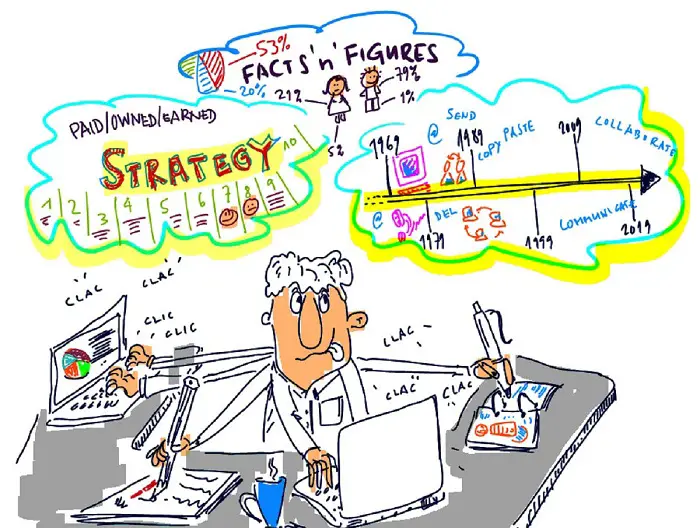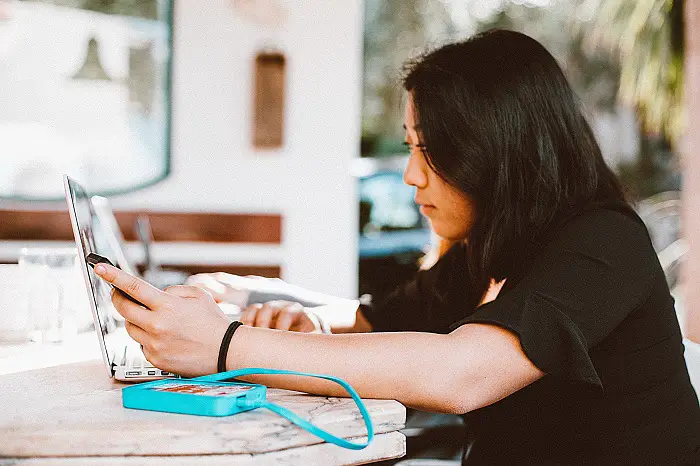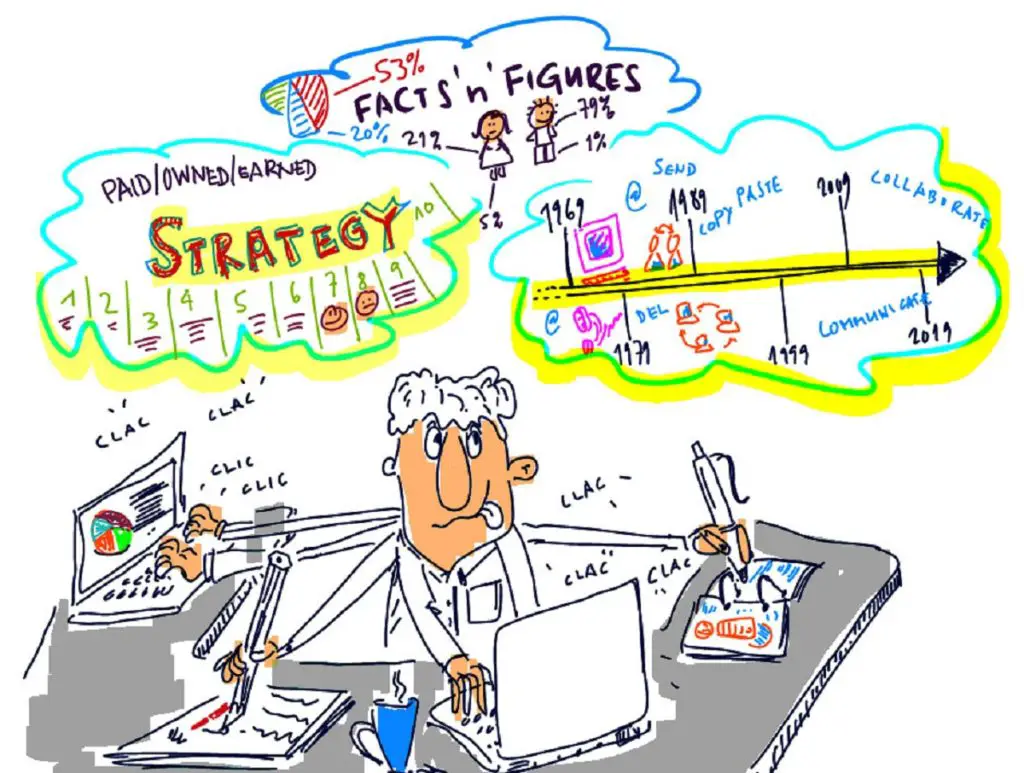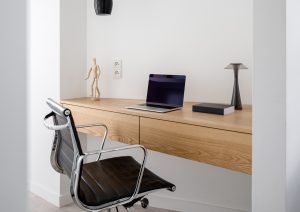As you read this sentence, are you listening to music? Is the TV on? Are you looking after the kids, maybe? Texting?
For some time now, we’ve come to believe in multi-tasking without questioning. Virtually all of us spend part or most of our day juggling two or more things at the same time.
Since the 1990s, in fact, multitasking has become a kind of byword in job applications and job interviews. “How are you at multi-tasking?”
New research puts a wrecking ball through some of the notions that have accumulated around the mutli-tasking craze.
This is important in as much as today’s smartphone culture sees multi-tasking as an impressive – even prized – skill.

Are Women Better at Multi-Tasking?
Among the myths that have evolved around multi-tasking is the one that states that women are better than men at performing two or more tasks at once. A study, published recently in PLOS One, says this is untrue.
In this case, the researchers were particularly interested in reaction time and accuracy in multi-tasking.
Using a number of task switching paradigms, scientists in Germany ran tests on 48 women and 48 men. The objective was to measure how well the participants recognized letters and numbers
The tests
consisted of an array of mixed and dual task experiments. The researchers compared the results to data
derived from a control condition, for which they assigned the participants only
one task.

The final analysis, built on robust data, indicates that multi-tasking substantially diminishes the speed and accuracy of the cognitive process.
“Most importantly, there were no significant gender differences in any of these measures of dual-task performance,” writes lead author Julia Karbach of the University of Koblenz-Landau.
Attention Deficiency, Anyone?
The study builds on an existing body of research that warns against the multi-tasking hype altogether. While multitasking may promise to save time, psychologists, neurology experts, and other scientists are finding that it actually makes us less efficient.
Some experts have in fact suggested that multitasking is less a special skill and more an ADD-type behavior.
That is because the human brain simply cannot manage multiple activities at once. Similar tasks, in particular, compete to utilize the same part of the brain. This increases the difficulty of performing either task.
But people like to think that they can do more than one thing at a time. We get a little confidence boost when we get away with it.
One has to ask, though, “What price do we really pay for feeling a little better about ourselves?”

The Cost of Confidence
A 2013 University of Utah study found a negative correlation between multitasking ability and practice. Those who performed worse on this research test were the most frequent multi-taskers in real life!
As author David Strayer bluntly put it: “The people who multitask the most tend to be impulsive, sensation-seeking, overconfident of their multitasking abilities, and they tend to be less capable of multitasking.”
Dr. Daniel Willingham agrees. The University of Virginia professor and psychologist believes hoping for efficiency by combining two productivity tasks at once is pure folly.
“If you’re not ready to eliminate secondary tasks, at least be ready to ditch them in the moment,” Willingham writes in an article for the New York Times. “I don’t expect music to disappear from cars, but consider hitting mute if traffic gets dense or road conditions worsen.”
So next time you’re juggling tasks at the office, remember that you may look busy, but that doesn’t mean you’re accomplishing much.
If you need to catch up on social media, do it while you’re on a break.
Perhaps it’s time we learn the art of single-tasking?






